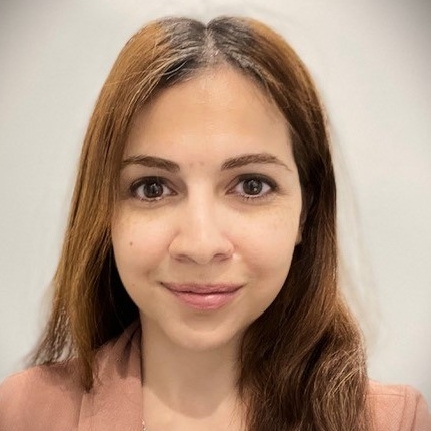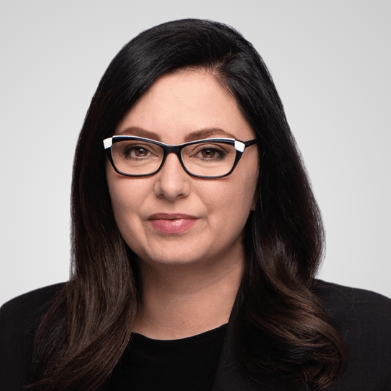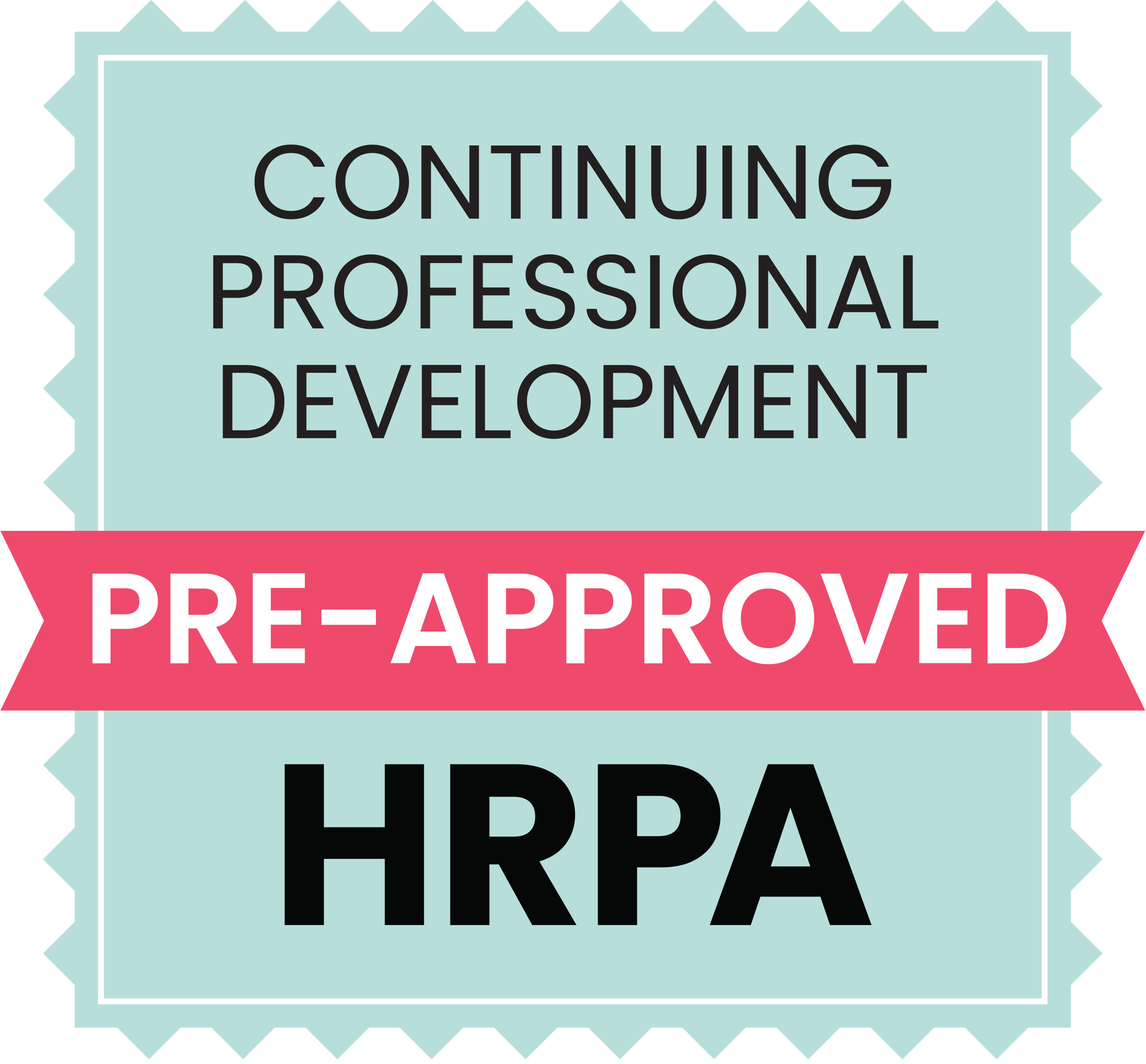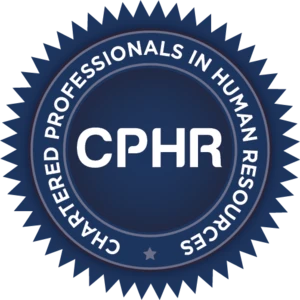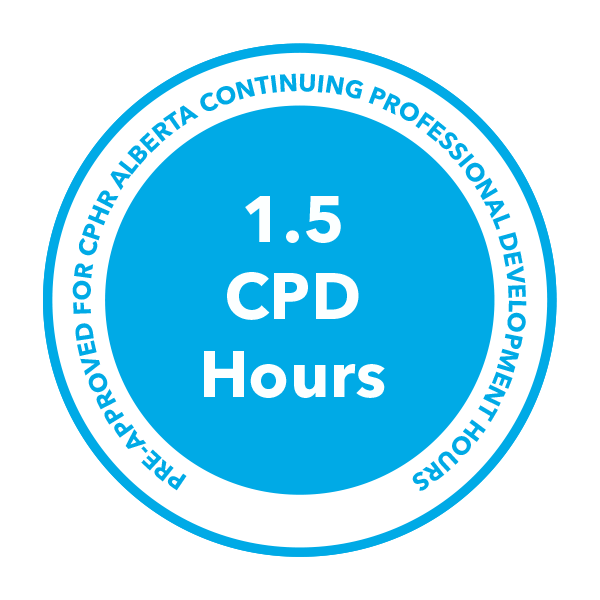Option: Live Webinar, video, and MP3 Bundle | Live Webinar | Video and MP3$595.00Add to cart
Includes: Webinar Recording with all Associated Materials
April 11, 2024
Challenges often arise in accommodating employees with conditions that cannot be identified by a clear diagnostic test or that are not yet well-understood within the medical community. In this session, experts will address these challenges, answering questions including:
- What are common medical conditions that elude diagnosis, or that are considered “diagnoses of exclusion”? Why does “long COVID” fall within that list?
- Is a definitive diagnosis, or “objective evidence,” necessary to establish disability? How should employers and unions respond where there is a lack of available medical practitioners with the requisite knowledge or experience to assess and attest to the condition?
- How can employers and unions effectively formulate requests for medical information where an employee’s condition cannot be confirmed using a clinician’s diagnostic test?
- When sick leave abuse is a concern, how can an employer distinguish between employees who have genuine, difficult-to-diagnose disabilities, and employees who are feigning illness? May an employer discipline or dismiss an employee who is frequently absent, underperforming, or exhibiting atypical workplace behaviours but who asserts that it is due to an as-yet undiagnosed disability?
- How do the stereotypes and stigmas associated with these medical conditions contribute to the challenge of providing accommodation?
What types of accommodations may be of assistance to an employee suffering from persistent or chronic symptoms that may impact their ability to work? For example: What measures may assist an individual with long COVID?
Moderator
Speakers
Dr. Shawn Marshall
Full Professor
Department of Medicine
University of Ottawa
The Ottawa Hospital
Rehabilitation Centre
CPD


